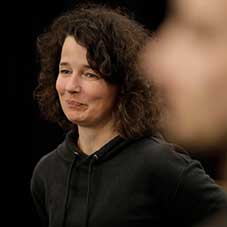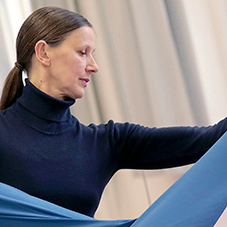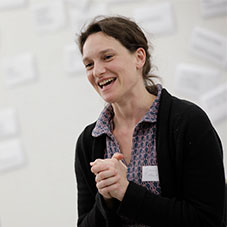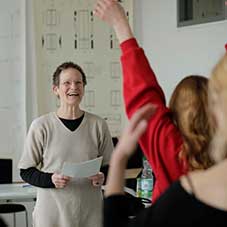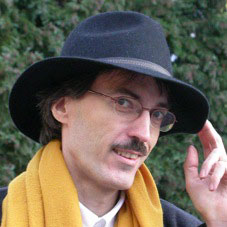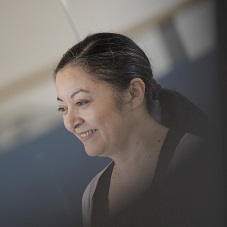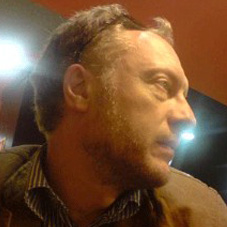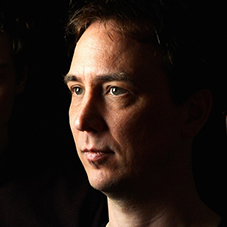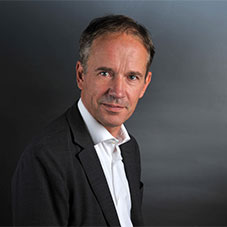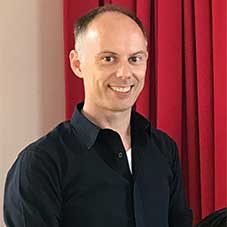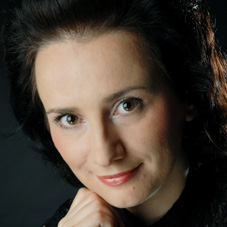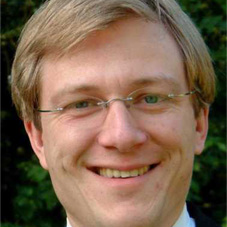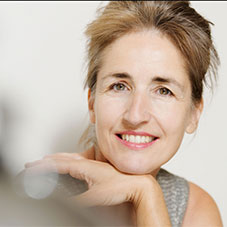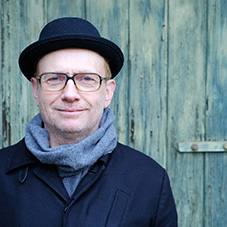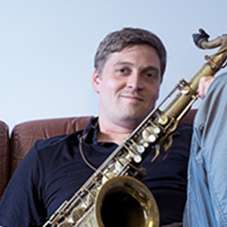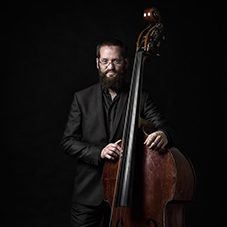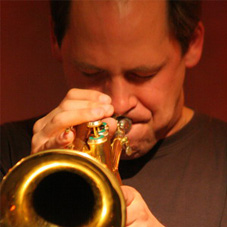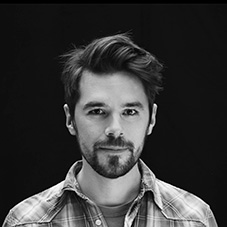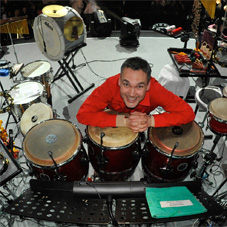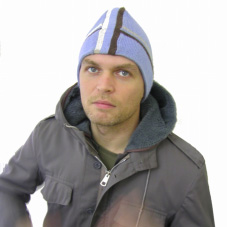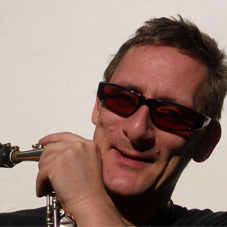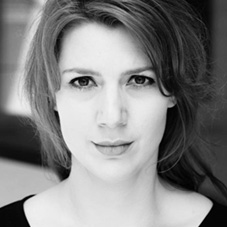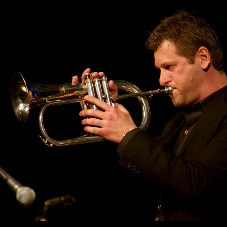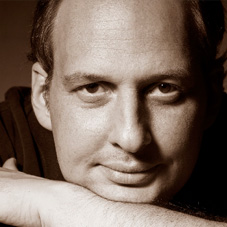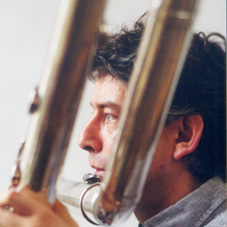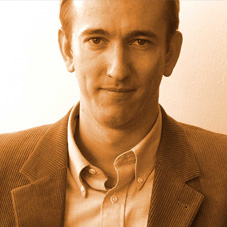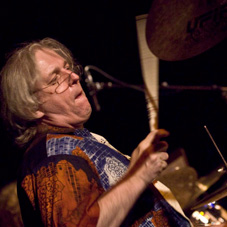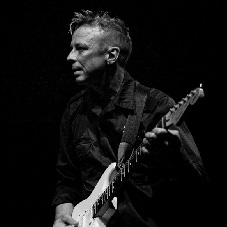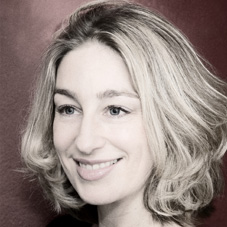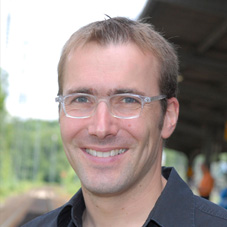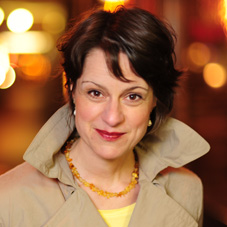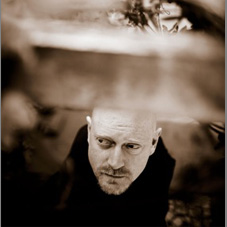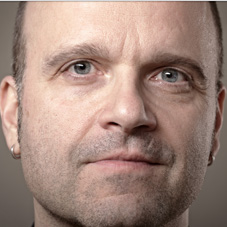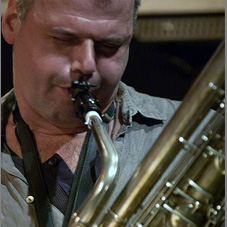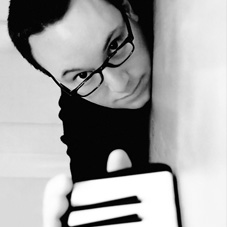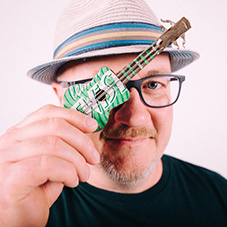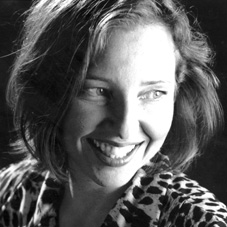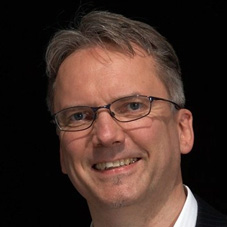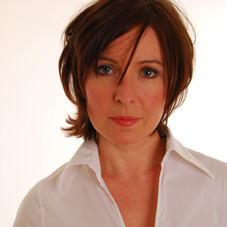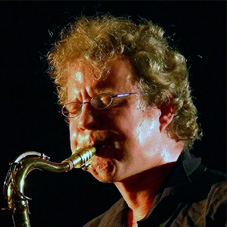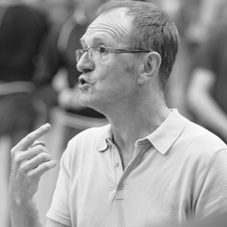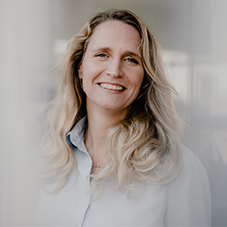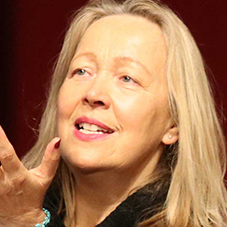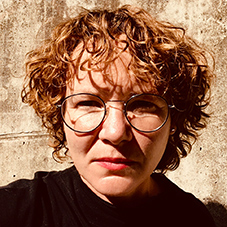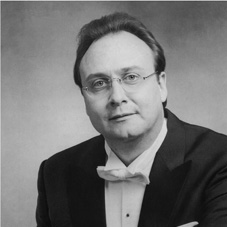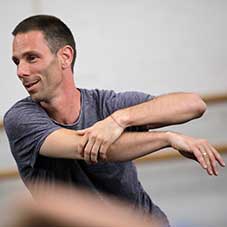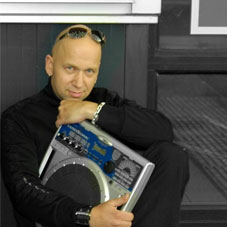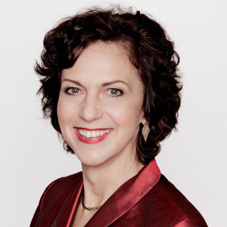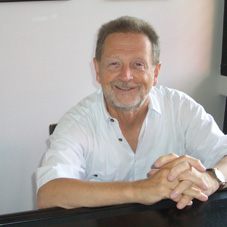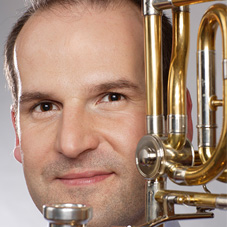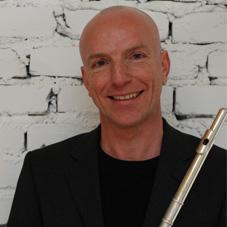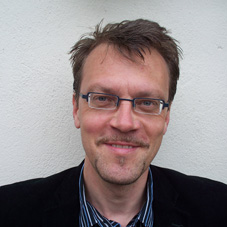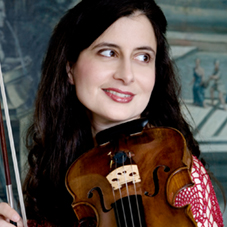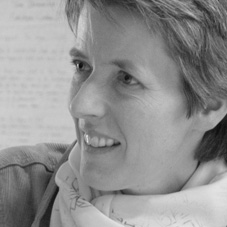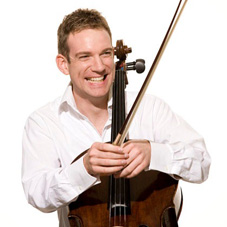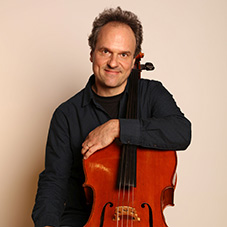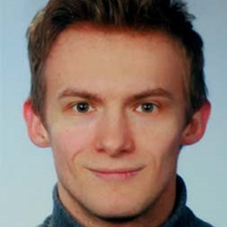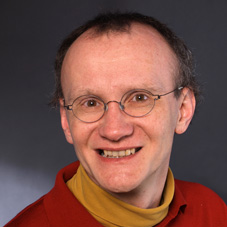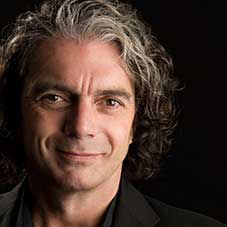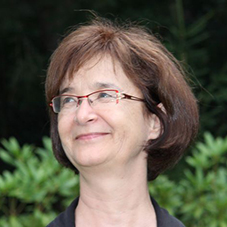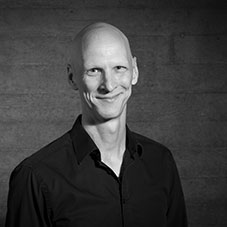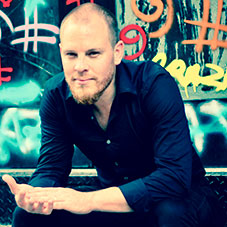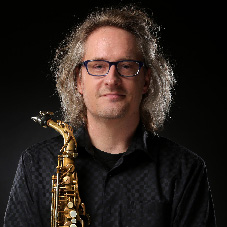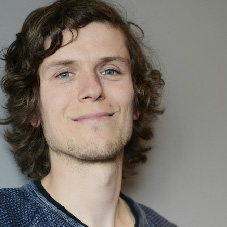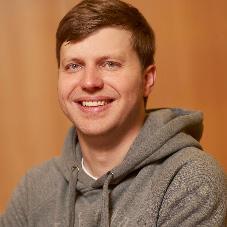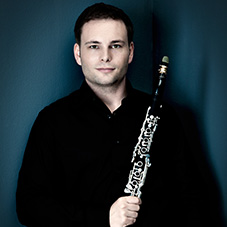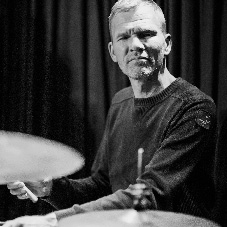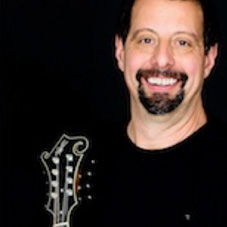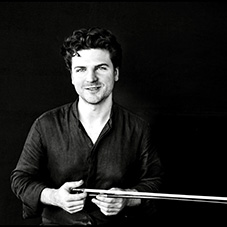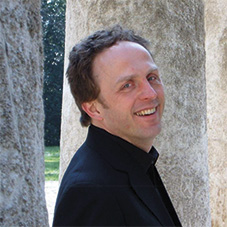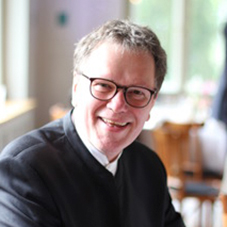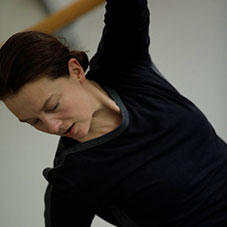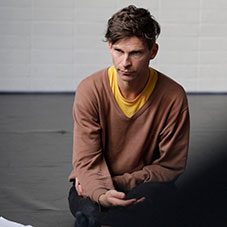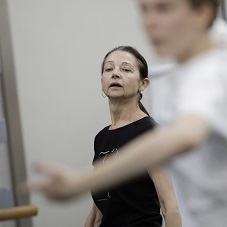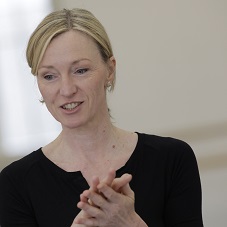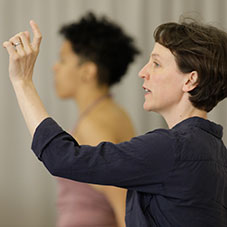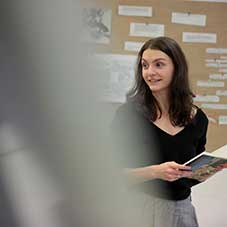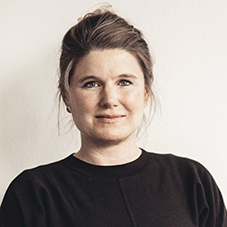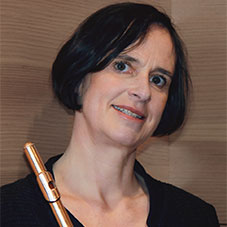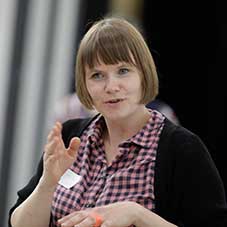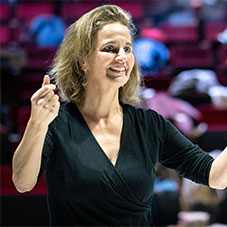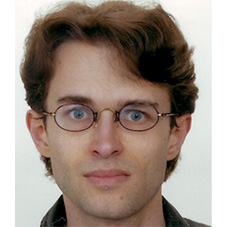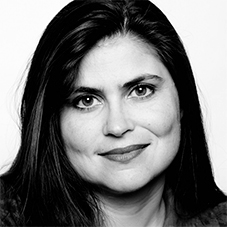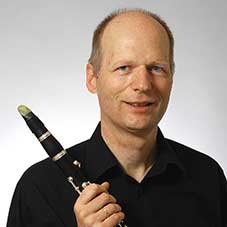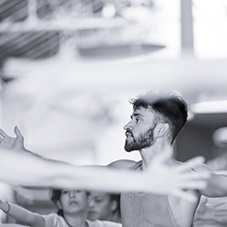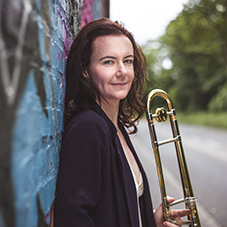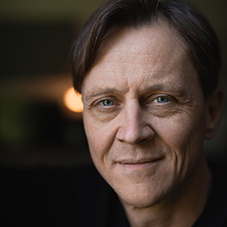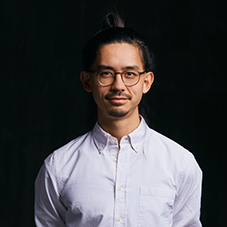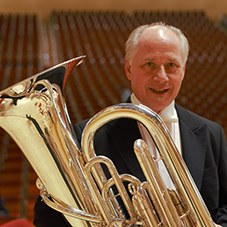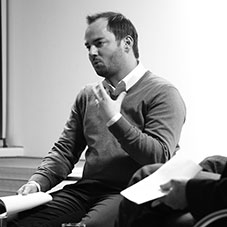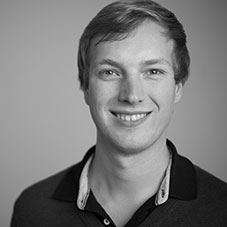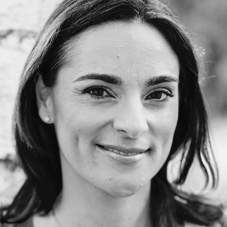###PRINT_PATH###
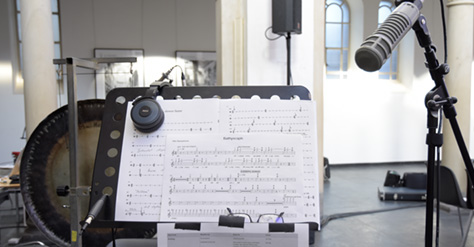
Master of Music - Electronic Composition
Courses are taught in the work rooms at the University’s Studio for Electronic Music. The studio has many stationary and mobile workstations, extensive software and hardware equipment, as well as superb listening equipment.
Applicants with good prior knowledge and a degree in music software may go on to specialize in the field in the master’s program. Students with degrees in other fields can expand the spectrum of their artistic work by studying electronic music.
Students must have a bachelor’s degree in composition or an equivalent degree to study in the Master of Arts in Electronic Composition program. A specialized preparatory degree in electronics is not necessary. Solid computer skills, however, are required. Exceptions will only be made for students with other art or computer bachelor’s degrees if they are highly gifted or have exceptional educational Backgrounds.
General Information
- Academic degree: Master of Music
- Duration of degree program: 4 semesters (2 years)
- Start of program: Winter semester
- Degree requirements: 120 ECTS credits
- Major: Electronic Composition
- Graduate program: Concert Exam
The application takes place online via the muvac platform. You can find all the information about the procedure on our Application page.
Admission Requirements
- Successful completion of a four-year Bachelor’s Degree programme or other comparable degree programme. Students who have completed a foundation degree in instrumental composition are also able to apply for this degree programme.
- Students who have not graduated from a German-speaking institution must prove that they have sufficient knowledge of the German language (a minimum of A2 level, based on the European Reference Framework for Languages).
- Successful completion of the entrance examination.
Entrance examination
The entrance examination consists of a colloquium (interview), requiring the candidate to present and discuss works they have submitted. The discussion will include challenging questions about the candidate’s views on musical aesthetics, as well as their knowledge of academic literature and compositional techniques associated with contemporary electronic and instrumental music.
Detailed information can be found in the Entrance Examination Regulations, particularly in section 5: Content Requirements and Examination Format.
Downloads
The focus of the master’s program is independent composition work and career development. The emphasis is primarily on planning and organizing events, especially within larger projects and outside of the University, as well as the presentation of their own pieces. Instrumental and electronic composition classes work closely together, which enables students to not only participate in projects in either specialization, but also to take coursework in the specialization that they did not choose as their concentration.
The program concludes with a concert or a similar event featuring music created during the program that the students organize as well as a one-hour Colloquium.
Downloads
Prof. Michael Beil
Today, composition is a highly multifaceted academic field with extensive practical relevance.
The range of work for contemporary composers has grown significantly. Apart from concert music, there are now opportunities for careers in theatre, film, video, production, radio play, and other areas. The sheer number of career possibilities composers have today is astonishing. They often work on the edge of improvisation or with art forms originating in jazz, pop, or other music, particularly so if they work with new forms of media. Teaching has also gained increased attention, which has created yet another career field out of work with children, adolescents, and amateurs.
The idea that composers are geniuses – which long shaped the perception of composers – has virtually disappeared in recent years. Conversely, the focus in most areas has shifted to teamwork.
The practical training and the diversity of the program are meant to ensure that composers have a broad range of career opportunities open to them following graduation. The aim is also to introduce students to external projects as well as musicians, event organizers, and other artists as quickly as possible. Close collaboration with other University departments and access to courses on different instruments as well as music theory and musicology is also particularly important.
The large number of international students and instructors ensures that students have close contact with composers and cultures from other countries during their studies. Nowadays, it is necessary to fully understand the qualities of other (music) cultures and to be able to put one’s own beliefs into perspective.
As with any course of studies, this program cannot guarantee success because success depends primarily on the creativity of each student. However, the University’s broad and flexible curriculum enables students to personalize their education and career perspectives to a great extent. The goal of the composition program is to prepare students as much as possible for a future career; however, students will only become composers after graduation, after their own work has spoken for itself.
Often, composers do not work exclusively as composers after graduation. As in many other careers, composers rarely specialize in just one area anymore. Rather, great emphasis is placed on the ability to adapt to opportunities. However, this flexibility should not merely be viewed as a way of conforming, but rather as the ability to personally shape and inform one’s own studies and subsequent career. This makes today’s composers the architects of not only their own music, but also their own careers.
Contact
- Prof. Michael Beil
Künstlersiches Hauptfach; Elektronische Komposition Standort
Köln
